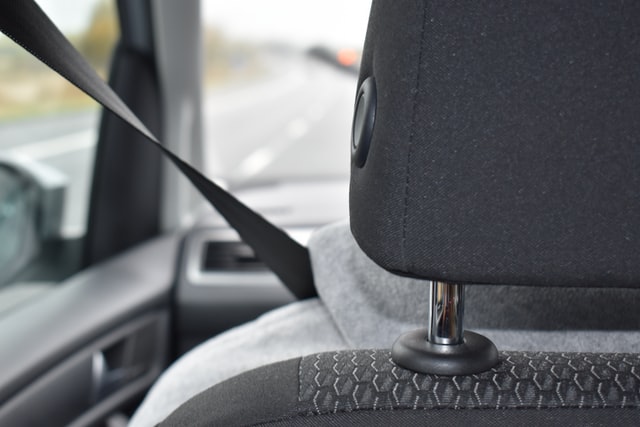The timing belt is a rubber belt with strong teeth that mesh with the crankshaft and camshaft cogwheels. It synchronises the crankshaft and camshaft motions. This keeps the intake and exhaust valves in sync with the pistons. The car will not function properly if the crankshaft and camshafts are not running in lockstep.
Too much fuel-air mixture may flow into the engine combustion chamber if the intake valves open too early, resulting in inefficient combustion and power loss. In addition, if the exhaust valves open too soon, the combustion chamber will lose pressure, resulting in a loss of power. If the engine components are out of sync, they may clash and cause damage to one another, resulting in expensive repairs.
When does the timing belt need to be replaced?
It’s critical to change your timing belt at the mileage intervals recommended by your vehicle’s manufacturer. It depends on the manufacturer, but it should be replaced every 60,000–100,000 miles on average. In your car’s owner’s handbook, you’ll find the suggested interval for your individual vehicle. Because the timing belt is comprised of rubber, it will break with time. When it fails, the engine will either cease operating or the components will be out of sync, causing the engine to be damaged.
You risk total engine failure, damaged or bent valves, cylinder head or camshaft damage, and piston and cylinder wall damage if you don’t change the timing belt at the specified interval. It’s not the kind of circumstance where you can safely say, “If it ain’t broke, don’t repair it.” To save thousands of dollars on engine repairs or replacement, replace the timing belt according to the manufacturer’s maintenance plan.
Timing belt replacement is an expensive service. It’s a time-consuming, labor-intensive process that might take anywhere from 4 to 8 hours depending on the vehicle. However, changing the timing belt before it breaks will save you money in the long run and prevent engine damage. If you’re not sure if your belt needs to be replaced, visit Car Mechanics in Bishops Stortford, Car Mechanics in Stansted, or Car Mechanics in Essex for car servicing.


